Vodafone Smart Tech's Tom Guy on the Internet of Things
As more and more people want smart tech to offer simpler solutions to everyday problems, Vodafone Smart Tech is here to stay
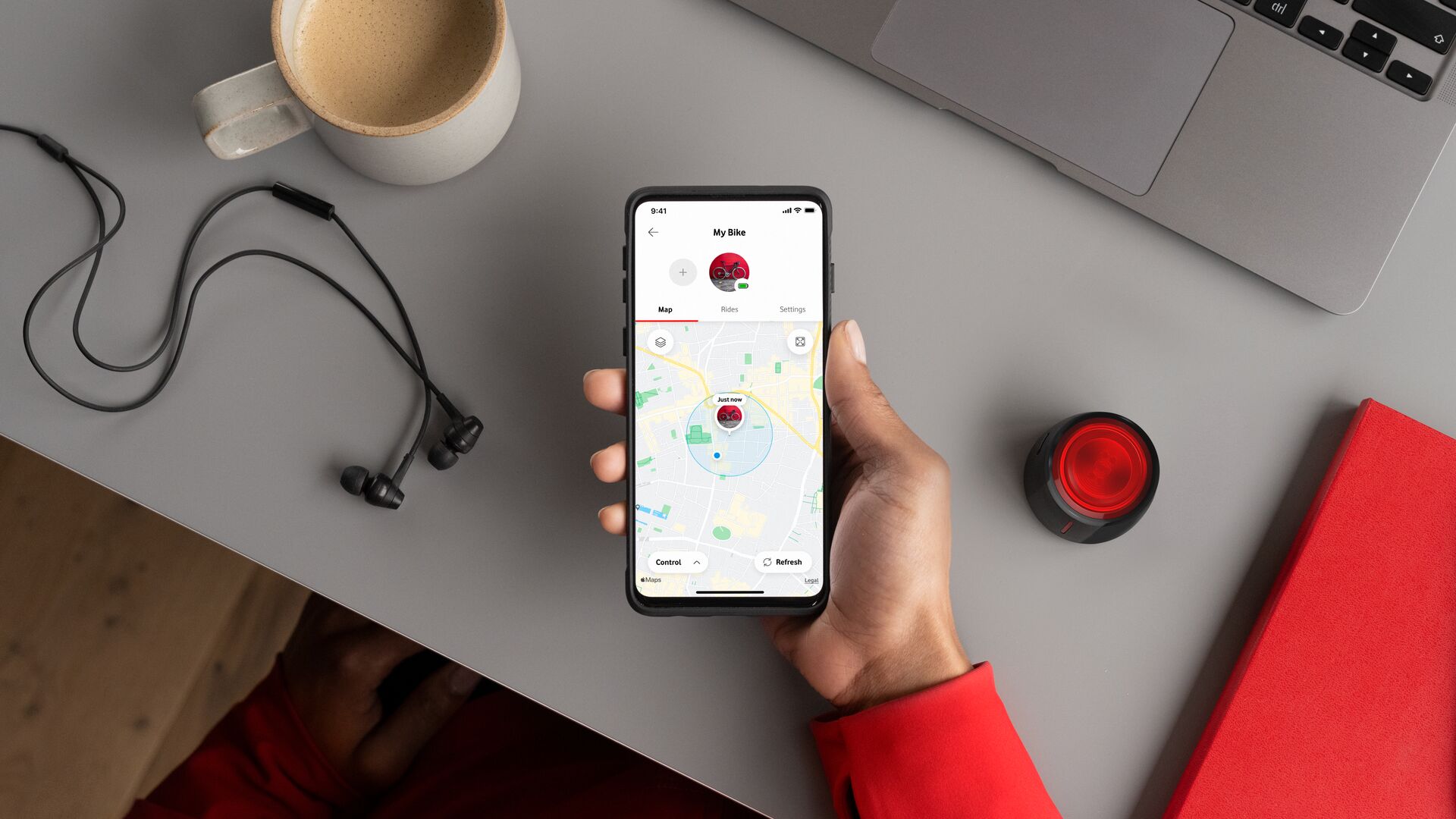
Tom Guy is chief product officer at Vodafone Smart Tech. An experienced hand in the culture of start-ups, Guy has brought a new dynamism to the company’s newly established product division, a 50-person team that has already made its mark with products like the Curve smart GPS tracker and Curve Bike light & GPS tracker. In particular, Guy has managed to parlay the experience he garnered from being one of the founding members of Hive, and working closely alongside consultants like Yves Béhar, into Vodafone’s new venture. ‘Vodafone realised the opportunities that were coming out of the Internet of Things and they wanted to connect people,’ Guy explains, ‘Our challenge is to bring a new level of attention to the products. At Hive we were obsessed with quality and customer experience and that’s exactly what we’re doing here. It’s not about technology for technology’s sake.’
Guy admits that the Internet of Things hasn’t always been easy to understand. ‘The customer expectation has sometimes been higher than what the tech provides,’ he says, giving the example of a smart light bulb that requires someone to get out their phone and open an app just to turn a light on. ‘Vodafone had a roadmap of projects but also some clear customer pain points,’ he continues, ‘I had to ask, what problems are we trying to solve? What is the magic moment we want to create? You can’t simply use new products just to create that ‘wow moment’.’
As well as the Curve range, Smart Tech systems also include the Neo, a Disney-infused smartwatch for children that takes youthful curiosity and aptitude for technology and turns it into a timepiece, calendar and camera that’s sprinkled with favourite characters, as well as being an easy way for parents to stay in touch. Guy worked once more with Béhar on this project, and he implies that future tech from Vodafone might take some of Neo’s innovations and apply them to different sectors.
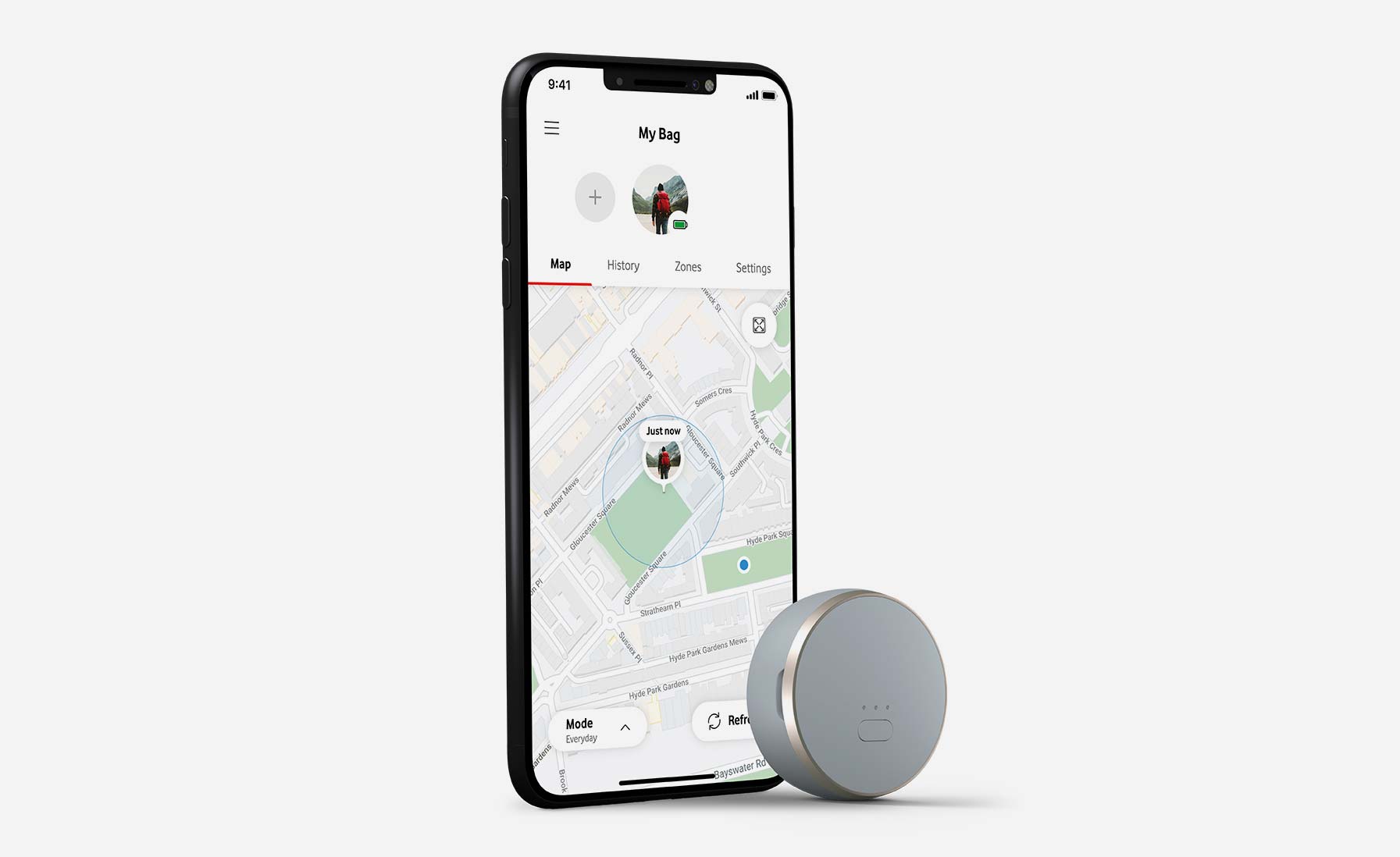
Right now, however, it’s all about Curve. ‘The Curve Bike tracker solves multiple problems,’ he explains, ‘I want someone to know if something goes wrong, I want to be seen, so having a brake light powered by an accelerometer makes sense. Plus there’s a simple anti-theft alarm functionality. I’m also very proud of the simple quarter turn motion you make to turn it on and off.’ Guy is very much a details man. ‘One of the beautiful things about manufacturing this stuff is all the things the customer never even gets to see – they are just as important to us,’ he explains, ‘it’s the industrial processes as well as the digital ones, from working with foam board to 3D printing, which has revolutionised design. It was incredibly useful to shape the angles and size of a product like Neo, for example.’
Like all design-driven departments, Vodafone’s Smart Tech studio is awash with prototypes and betas. ‘We usually run beta tests within the company first, then open it up to customers, especially when it’s a product that’s designed to work within the home,’ Guy says, ‘I realised how many cyclists we had working for us when we asked for volunteers for the Curve Bike tracker trial. But it was hard work for them as they had to go on long bike rides to test the durability of the product.’
Coming from Vodafone, best known for its mobile network, Guy has a customer base that is used to regular upgrades. ‘There’s a perception that the product is done the day you buy it, but these days the release date is actually the start date for us. Maybe once a quarter we’ll drop new upgrades and features.’ He also acknowledges that understanding the constantly evolving technology market is extremely important. ‘We’ve worked with FuseProject and Fuel and I’m always inspired by seeing how designers create certain products, even in fields that are nothing to do with your own,’ he says, ‘I also especially miss CES at the moment – it was good to explore how people used different materials, plastics, metals and especially fabrics.’ His own design philosophy is one of effortless simplicity, with a soft tactility to Curve, the smart GPS tracker and Curve Bike tracker that is familiar and futuristic at the same time.
Guy believes that the Vodafone Smart Tech range has a way to go. ‘The technology can be applied to many different things because of its simplicity,’ he says, ‘we always talk about making things as effortless as possible so we’re always looking to make those expansions easy for people. Might there something for the scooter market, or the health sphere, for example?’ Vodafone Smart Tech is here to stay as more and more people want smart tech to offer simpler solutions to everyday problems, driven by effectiveness, efficiency and trust. ‘At Vodafone, we connect people in and out of the home, so we provide experiences for a lot of people,’ Guy says, ‘and a big part of what we do is help articulate a solution to a problem from a customer point of view. Our response – the product – is not just about a physical object, but the emotions that object resolves or creates.’
Listen to Found: Objects With Meaning, the new podcast series from Wallpaper* in collaboration with Vodafone Smart Tech. Featuring six conversations with creatives, the podcast is about the creative and emotional force of the objects that we have and the ones that we’ve lost.
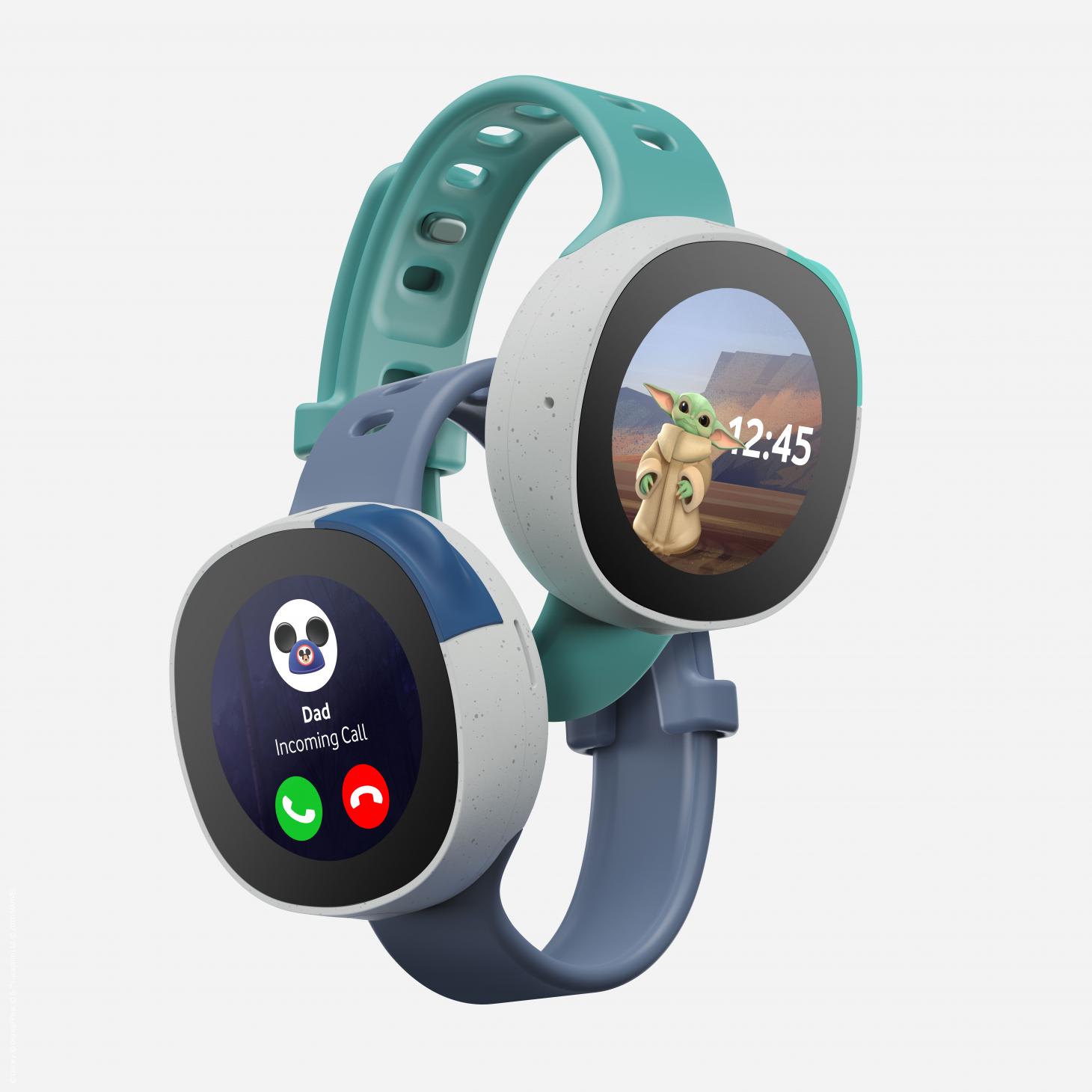
INFORMATION
Wallpaper* Newsletter
Receive our daily digest of inspiration, escapism and design stories from around the world direct to your inbox.
Jonathan Bell has written for Wallpaper* magazine since 1999, covering everything from architecture and transport design to books, tech and graphic design. He is now the magazine’s Transport and Technology Editor. Jonathan has written and edited 15 books, including Concept Car Design, 21st Century House, and The New Modern House. He is also the host of Wallpaper’s first podcast.
-
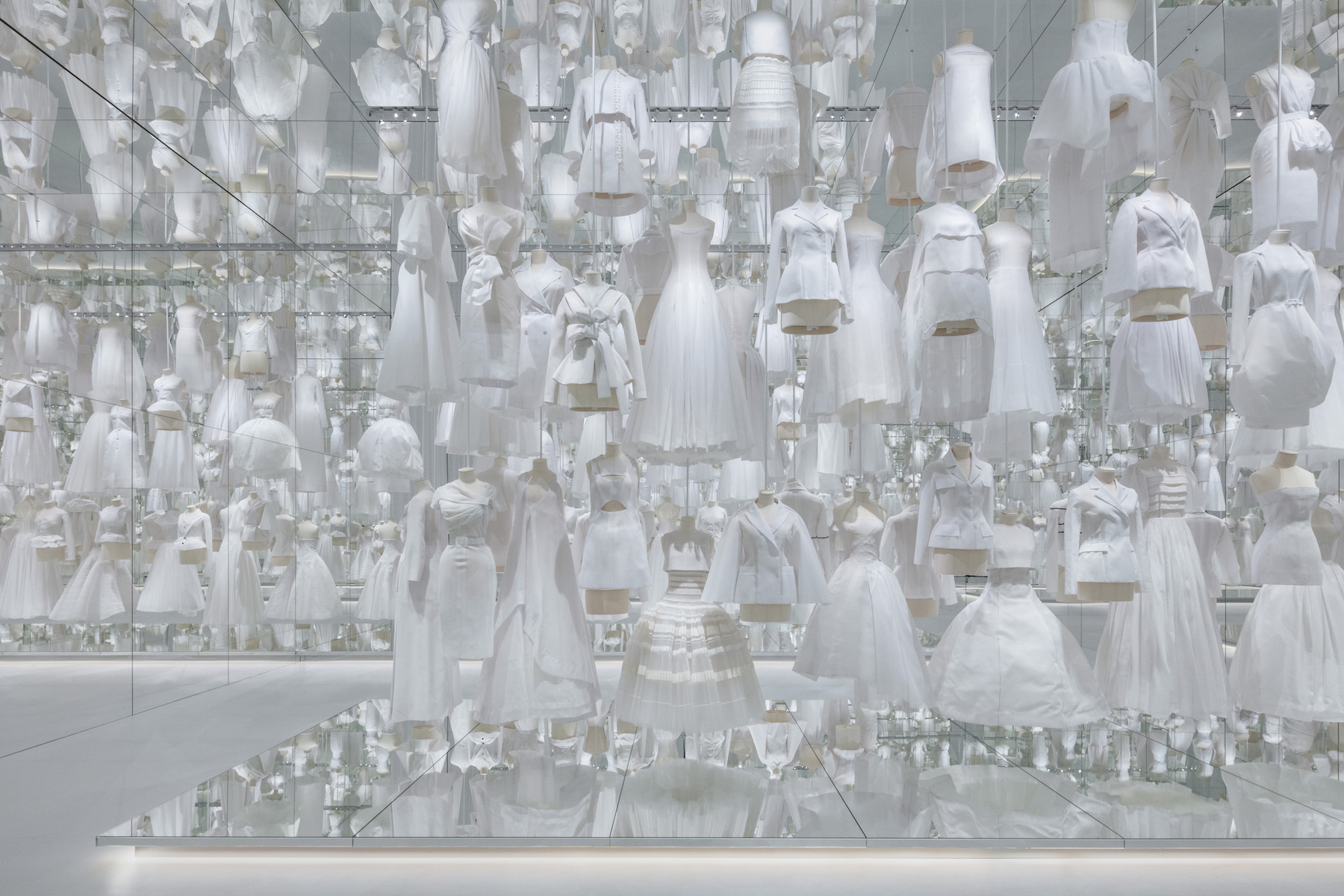 With scenography by OMA, Dior’s ‘Designer of Dreams’ exhibition in Seoul is ‘a piece of theatre’
With scenography by OMA, Dior’s ‘Designer of Dreams’ exhibition in Seoul is ‘a piece of theatre’OMA partner Shohei Shigematsu catches up with Wallpaper* about the dramatic show design for the latest iteration of ‘Christian Dior: Designer of Dreams’, which opened in Seoul this weekend
By Daven Wu
-
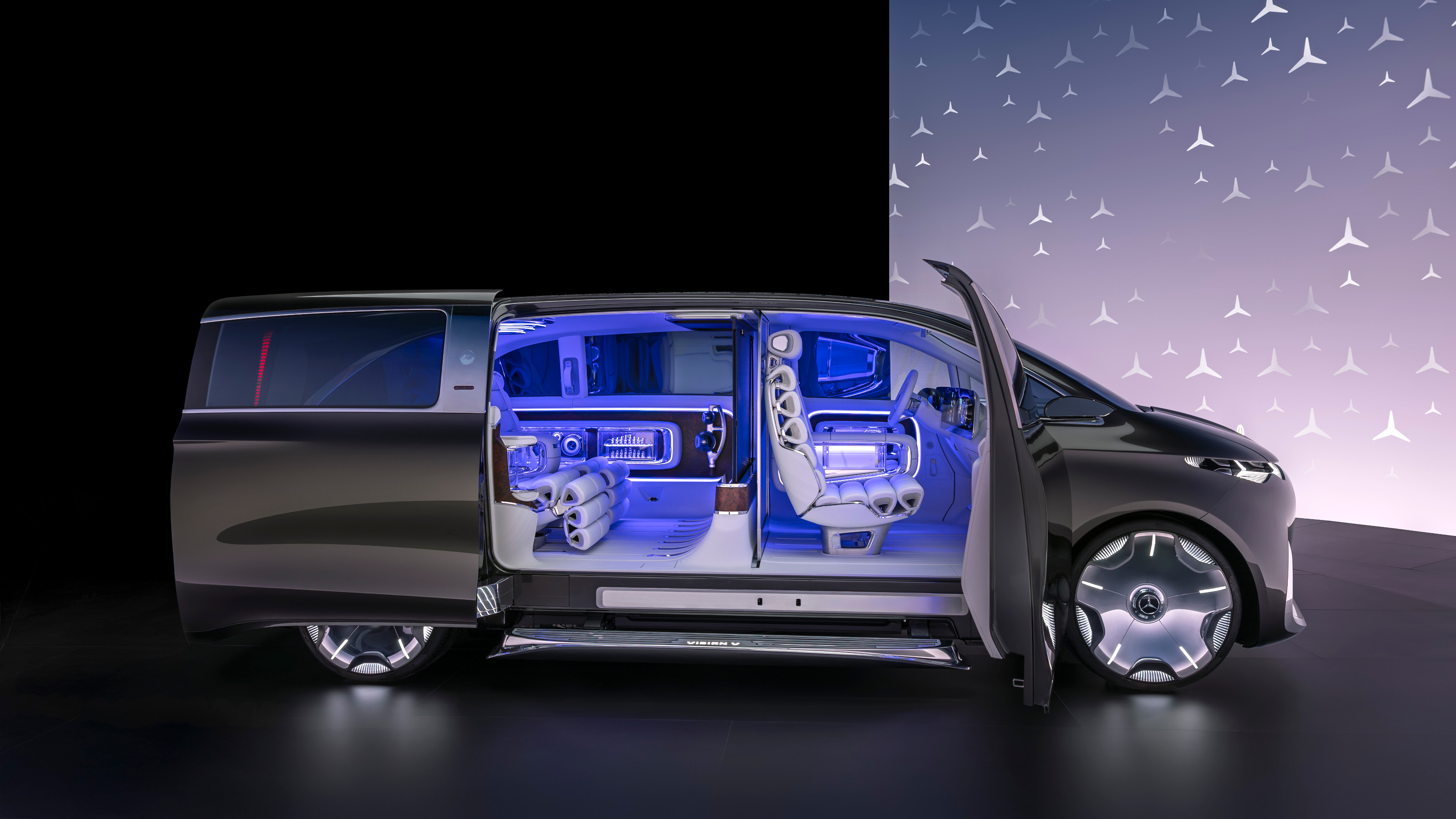 Mercedes-Benz previews its next-gen people mover with an ultra-luxury EV concept
Mercedes-Benz previews its next-gen people mover with an ultra-luxury EV conceptThe Mercedes-Benz Vision V Concept is an art deco picture palace on wheels, designed to immerse passengers in parallel worlds as they travel
By Jonathan Bell
-
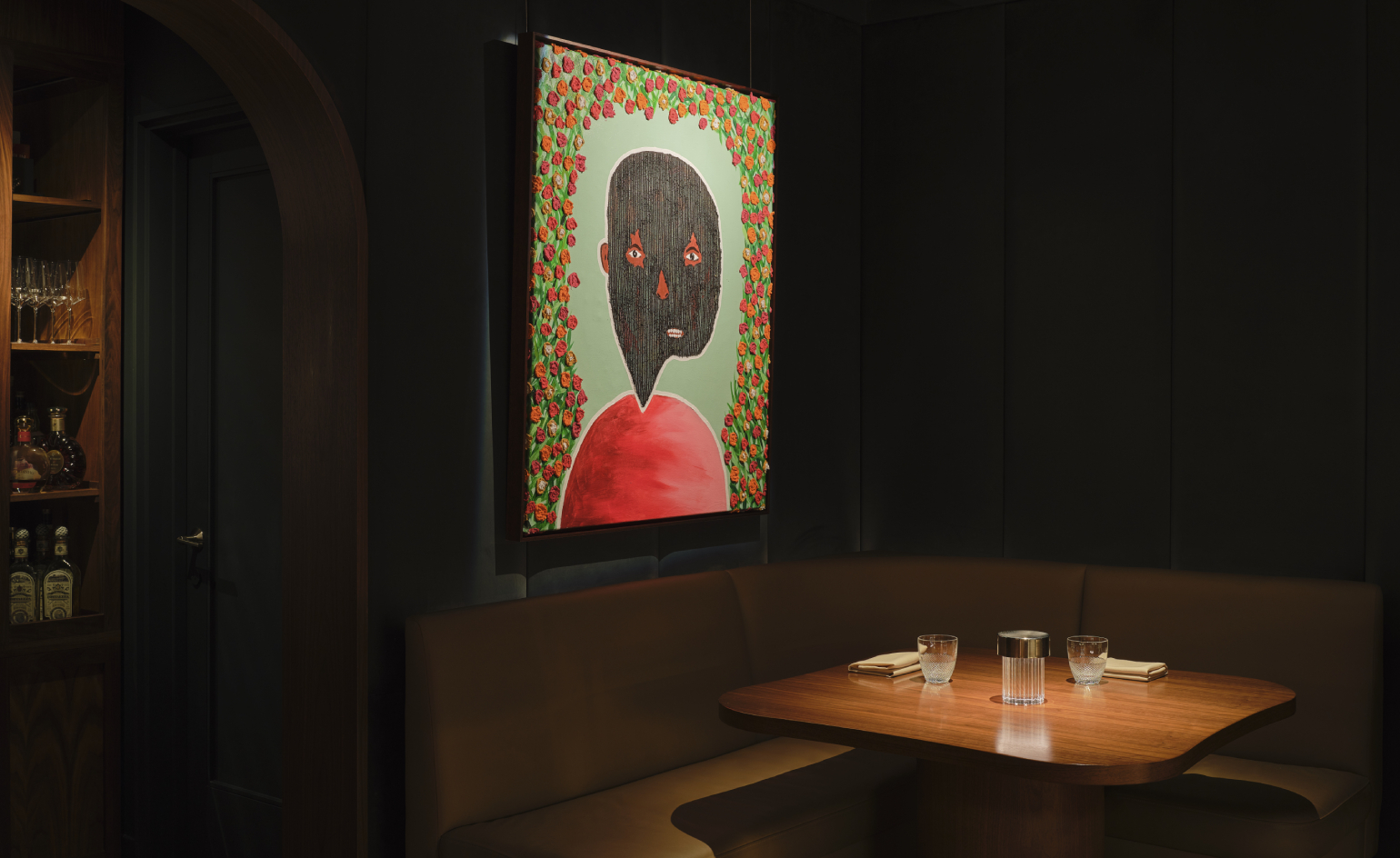 Visit this Michelin-star New York restaurant that doubles as an art gallery
Visit this Michelin-star New York restaurant that doubles as an art galleryArtist Mr.StarCity is exhibiting his emotionally charged yet optimistic ‘Bloomers’ portrait series at Frevo, a Greenwich Village hidden haunt
By Adrian Madlener
-
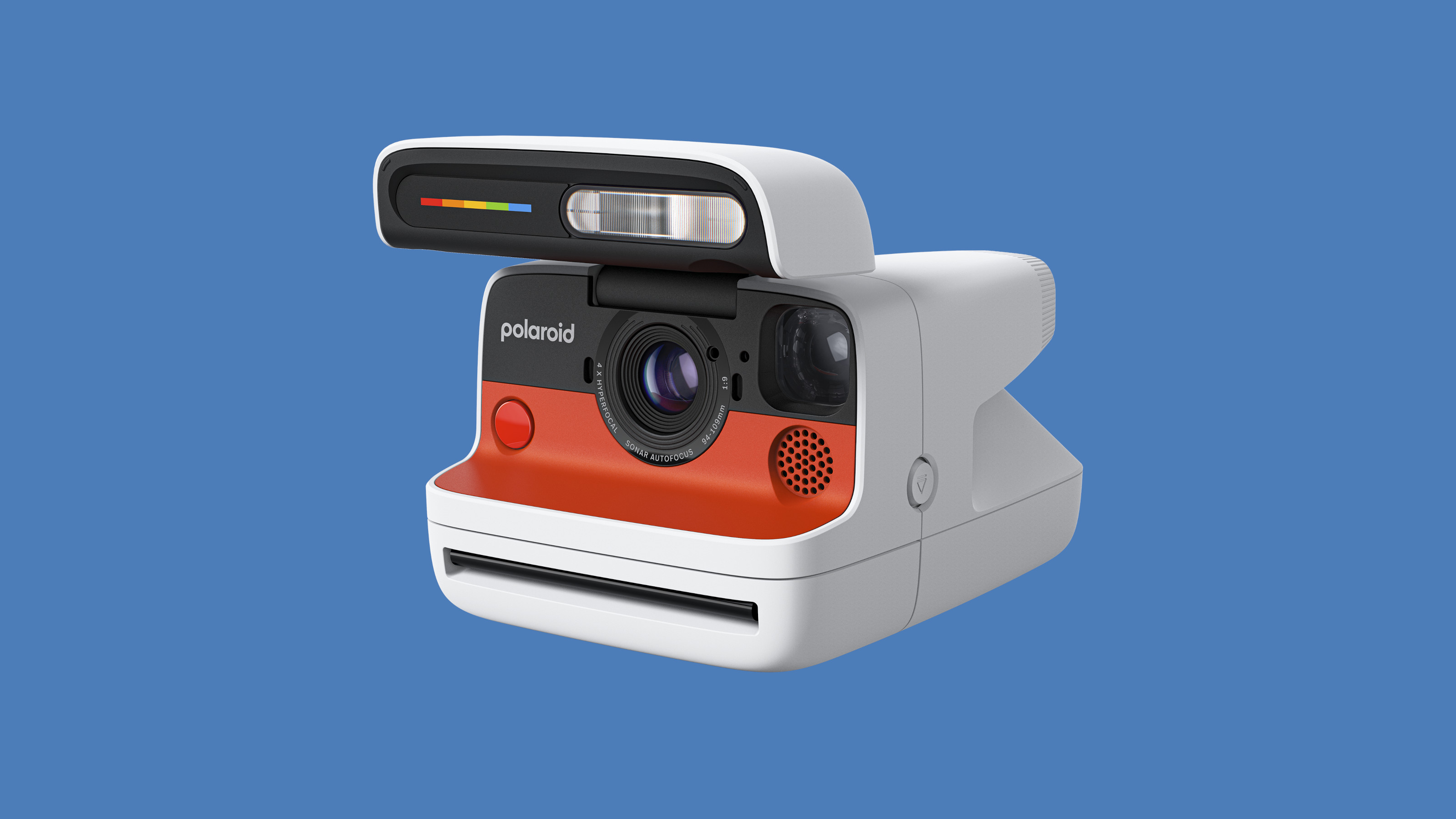 The new Polaroid Flip unfolds to bring you pin-sharp instant photography
The new Polaroid Flip unfolds to bring you pin-sharp instant photographyPolaroid announces the Flip, an instant camera that blends its evergreen film technology with better results and more control
By Jonathan Bell
-
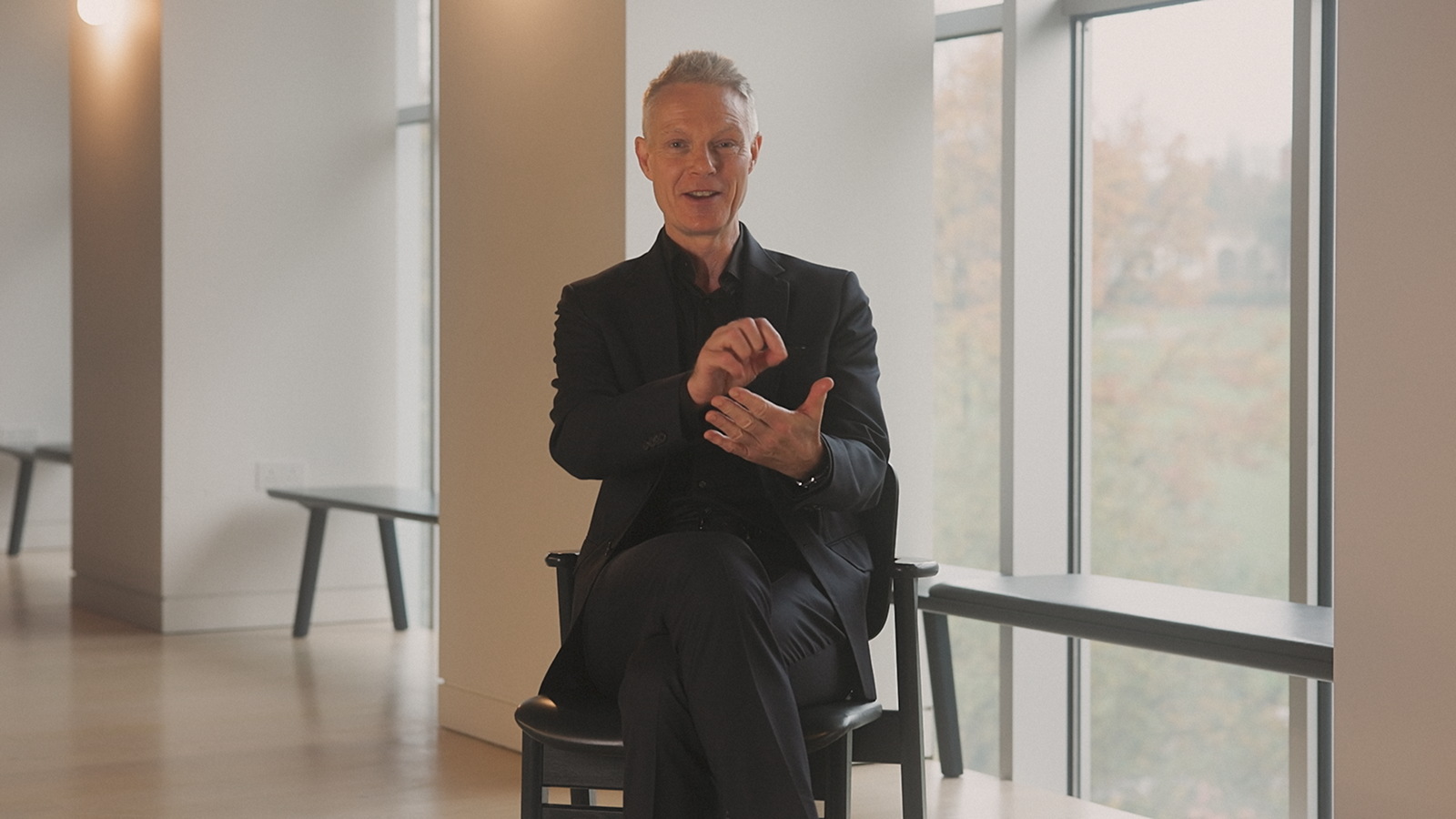 Could putting pen to reMarkable’s Paper Pro tablet make you more creative and less stressed?
Could putting pen to reMarkable’s Paper Pro tablet make you more creative and less stressed?Design Museum director Tim Marlow extols the power of ‘scribbling’, and is backed up by new research from reMarkable on the benefits of its paper tablet
By Simon Mills
-
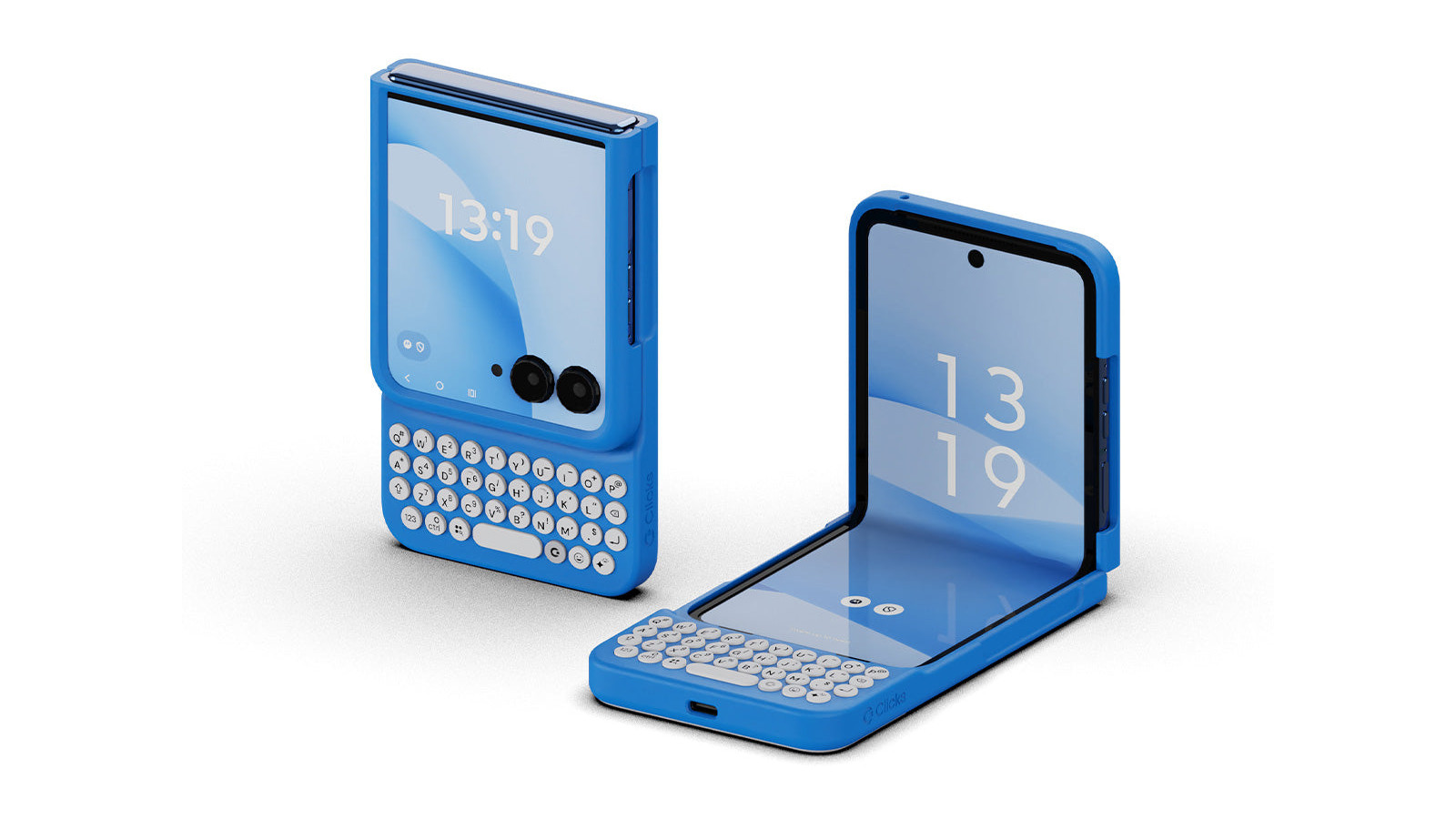 Clicks creates keyboard cases for iPhones – now they're also available for three Android flagships
Clicks creates keyboard cases for iPhones – now they're also available for three Android flagshipsSmartphones get a new lease of life with Clicks, which brings a Blackberry-style keyboard to today’s cutting-edge Apple and Android devices
By Jonathan Bell
-
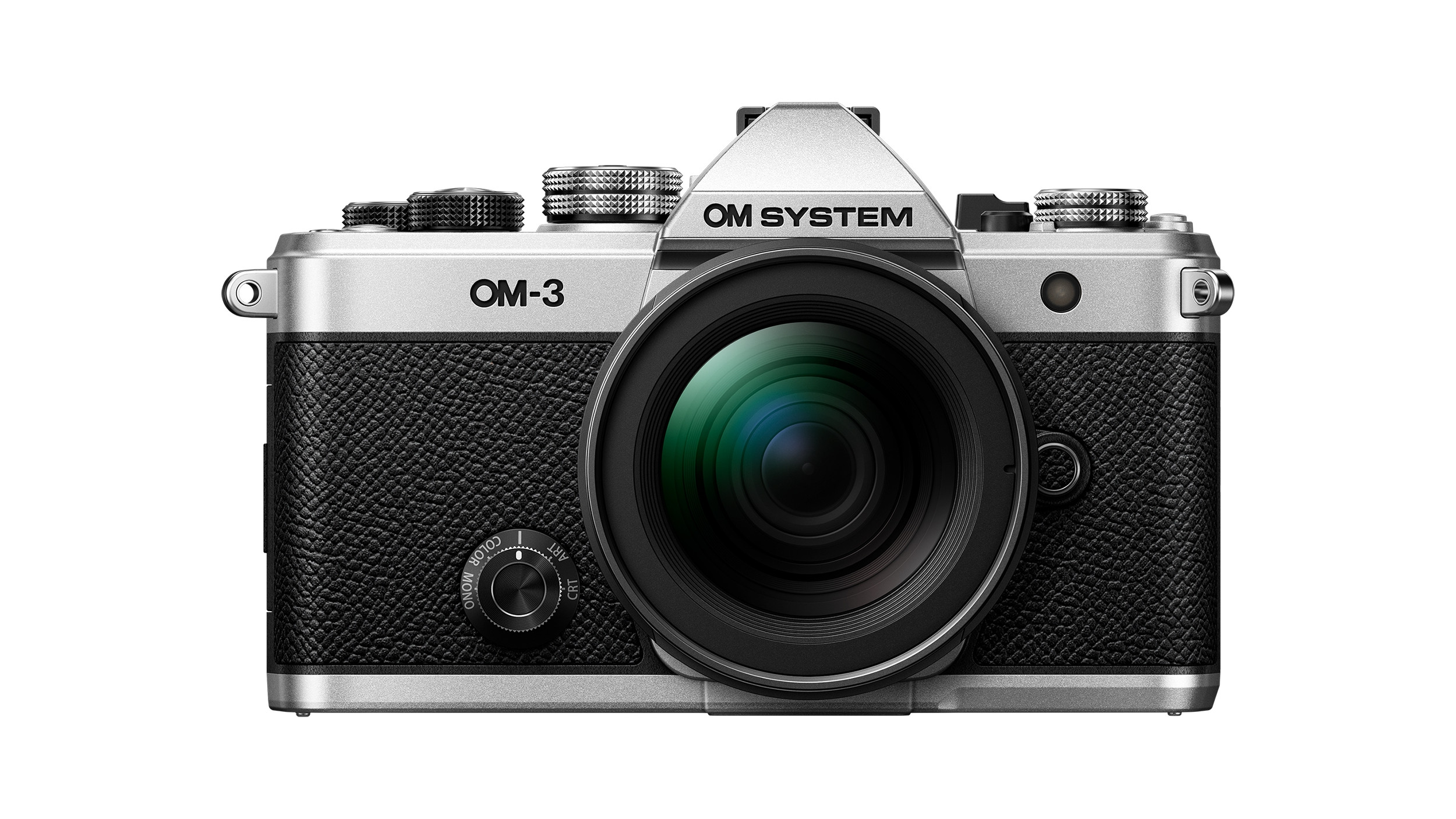 The OM System OM-3 camera blends heritage design with cutting-edge technology
The OM System OM-3 camera blends heritage design with cutting-edge technologyThe OM-3 from OM System is the newest must-have mirrorless camera design, classically styled and comprehensively equipped to create the ultimate contemporary digital camera
By Jonathan Bell
-
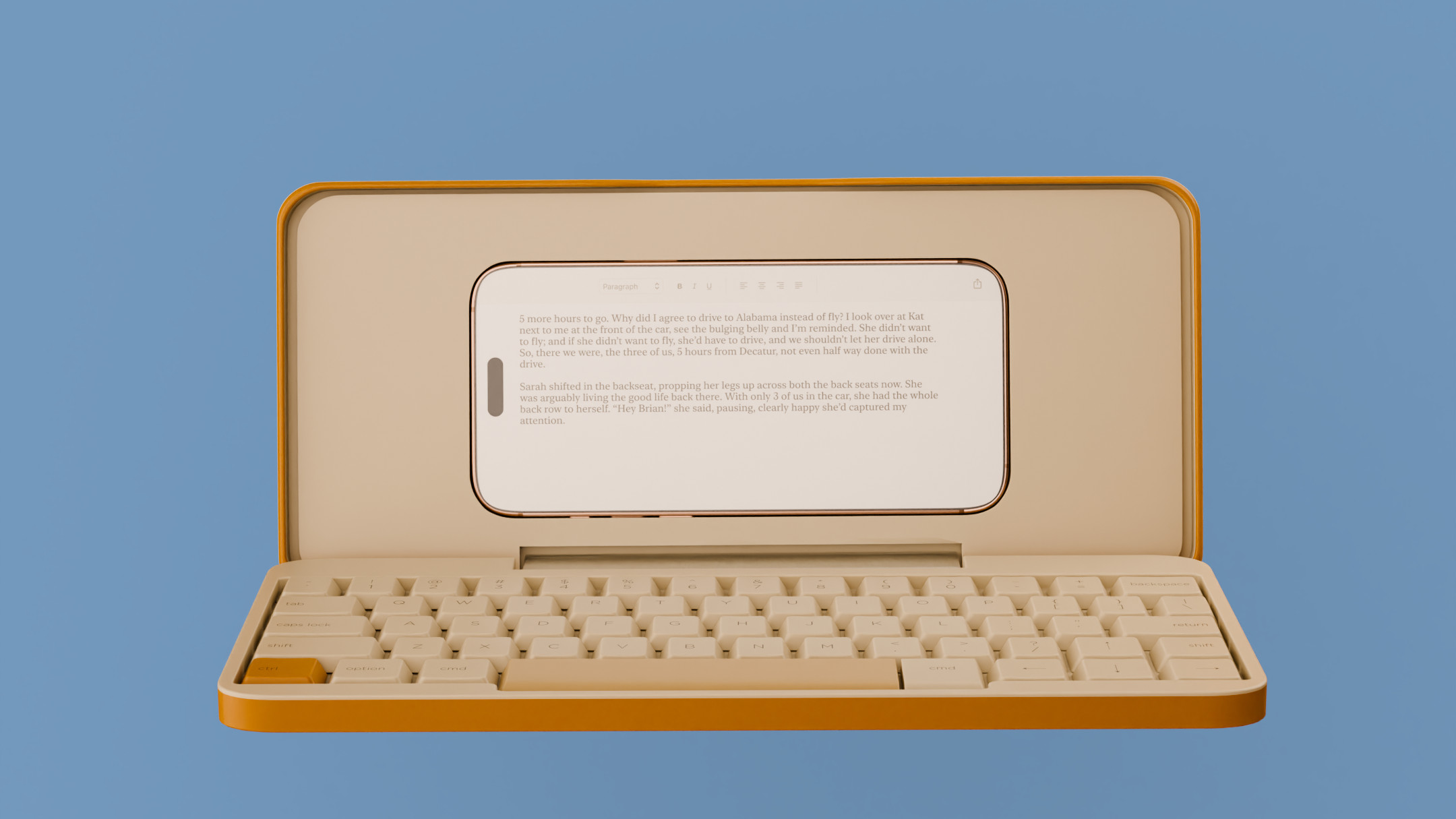 Type without the tyranny of distractions: eight new ways to get the words out
Type without the tyranny of distractions: eight new ways to get the words outLooking for a way to divert you from doom-scrolling? This selection of eight distraction-free typing devices will keep you offline and away from the socials to help you meet that deadline
By Jonathan Bell
-
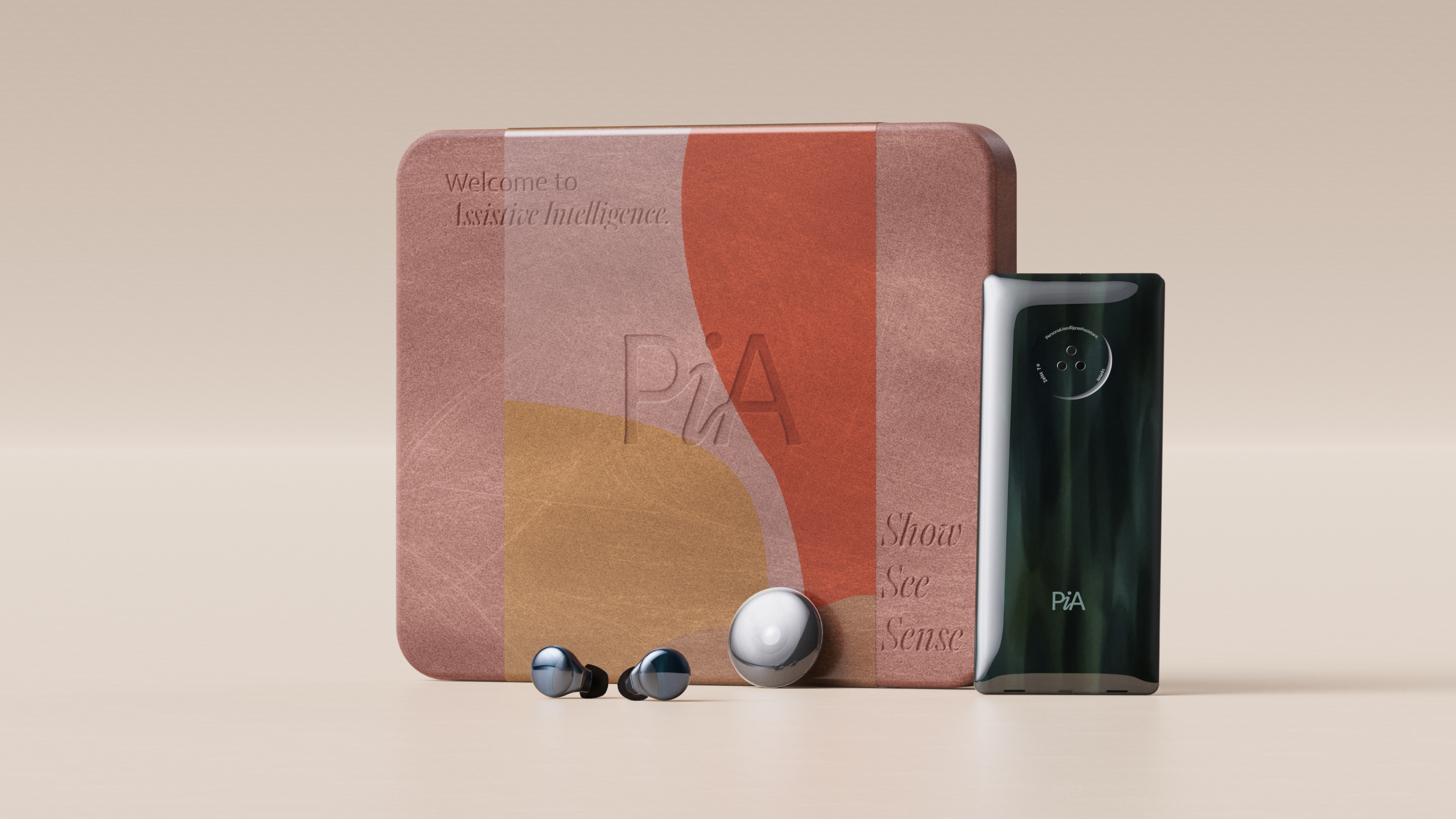 Layer conceptualises a next-gen AI-powered device: introducing the PiA
Layer conceptualises a next-gen AI-powered device: introducing the PiAPiA, the Personal Intelligent Assistant, is a conceptual vision of how AI might evolve to dovetail with familiar devices and form factors
By Jonathan Bell
-
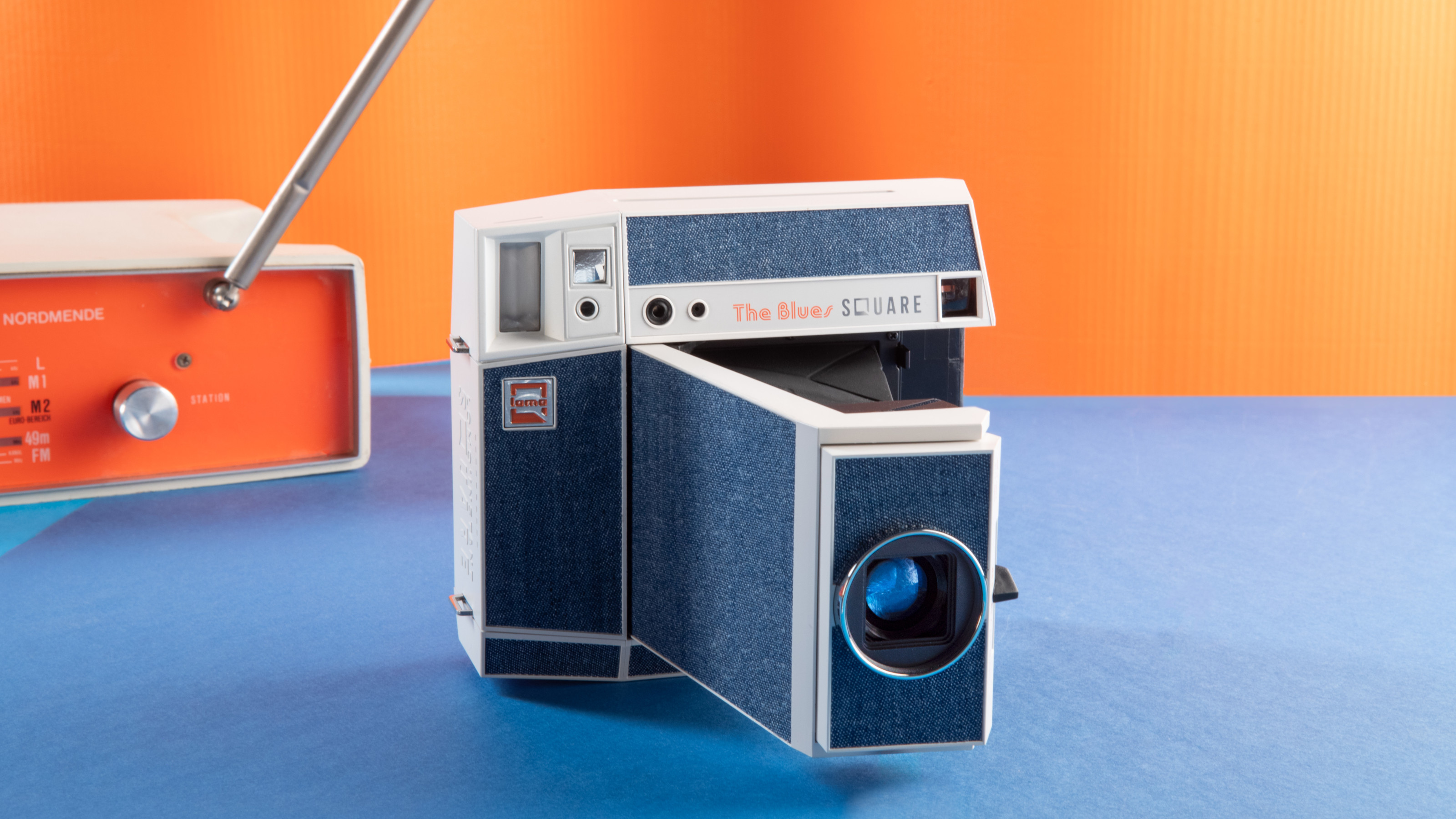 Point, shoot and process with Lomography’s two new colourful Instax camera editions
Point, shoot and process with Lomography’s two new colourful Instax camera editionsWith the Pemberley and The Blues editions, the Lomo’Instant Square Glass camera provides stylish and pocketable analogue photography
By Jonathan Bell
-
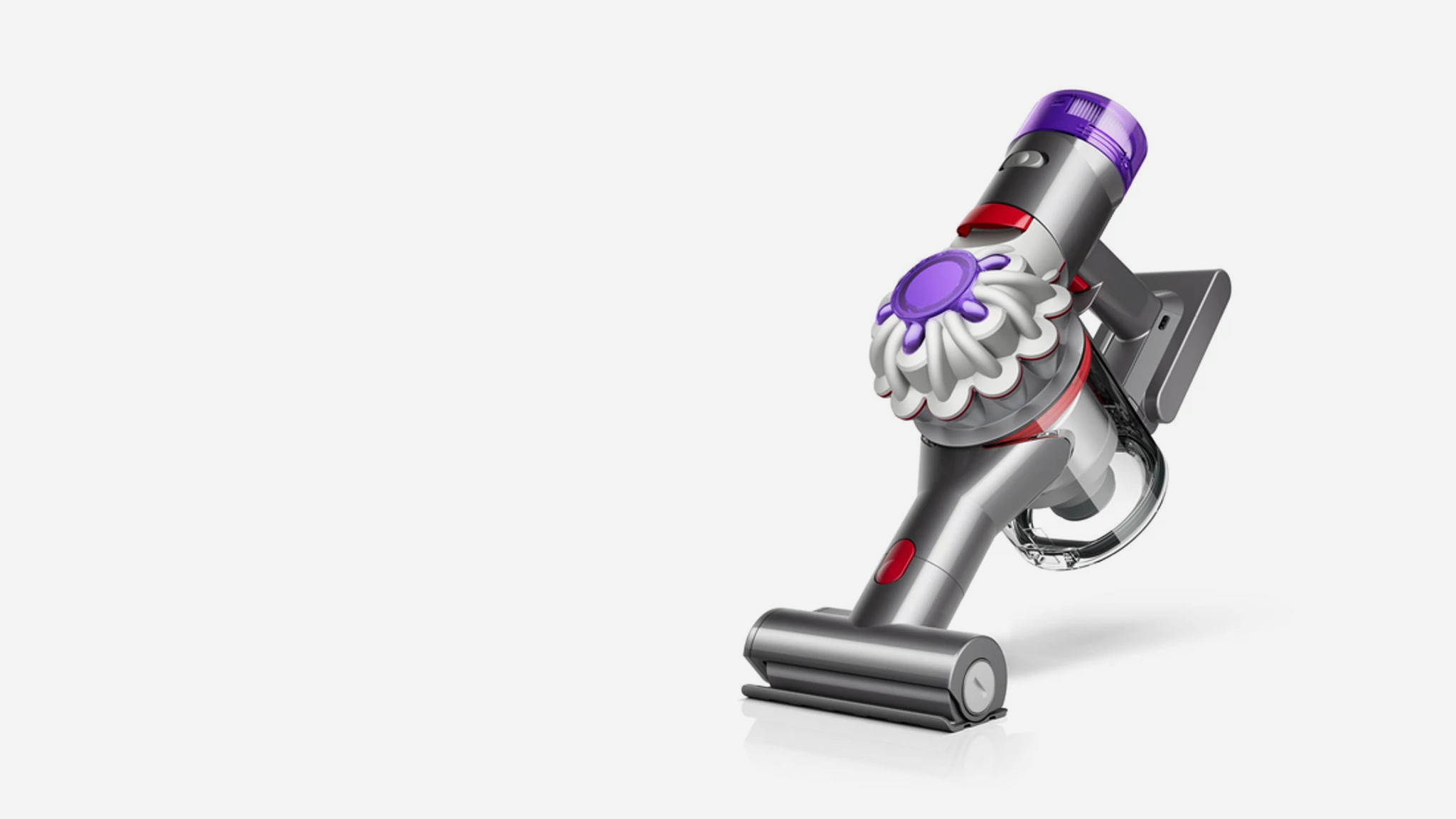 We put the new ultra-compact Dyson Car+Boat handheld vacuum through its paces
We put the new ultra-compact Dyson Car+Boat handheld vacuum through its pacesA cordless handheld vacuum pitched at a plethora of tasks, Dyson has tasked the new Car+Boat with far-reaching functionality without compromising performance
By Jonathan Bell